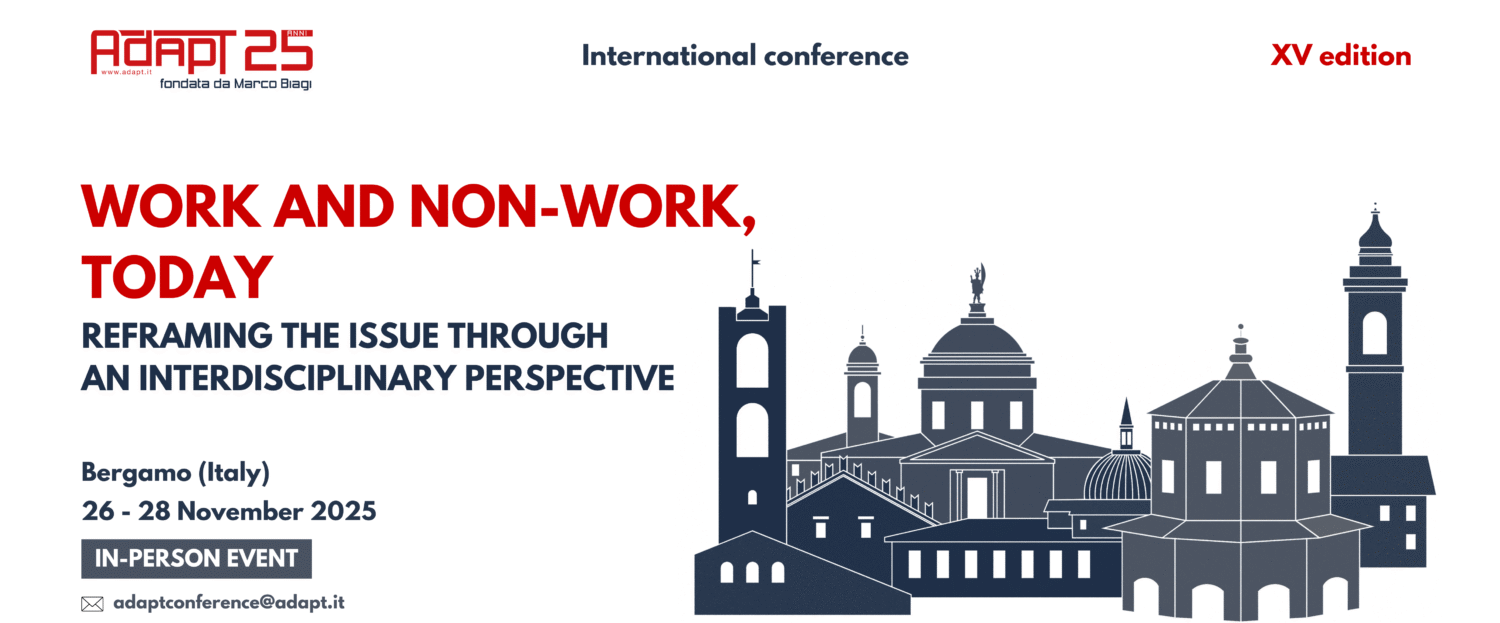




He is Professor of Vocational Training at the Institute of Education Science, University of Zürich. His research focus includes the international comparative approach to vocational education and training (VET) and further education, the philosophy and history of (vocational) education, and quality assurance and evaluation. His early research projects were in the field of workplace learning. From 1986 to 1992, Philipp worked as a Research Assistant and Lecturer at the University of Bern. In 1993, he was a visiting scholar at the Institute of Education at the University of London, and in 1997, became a Senior Lecturer at the University of Bern. From 1999-2004, Philipp was appointed for a Chair of Life Long Learning at the University of Trier. He was a Guest Professor at the Institute of Education at the University of Vienna in 2011, and was named the Director of the Institute of Education at the University of Zürich from 2016-2019. He He has been a Professor for VET and Teacher Training at the University of Zürich since 2004.

She is a former official of the International Union of Food and Allied Workers’ Associations (IUF) and of the International Labour Organisation (ILO) and of the British union MSF. Dr. Rebecca Gumbrell-McCormick is a Senior Lecturer in the Department of Management at Birkbeck, University of London. A second edition of her book, Trade Unions in Western Europe: Hard Times; Hard Choices (with Richard Hyman), was published by Oxford University Press in 2018. Her research interests cover: European and international employment relations, trade unionism, equality (especially race and disability), international organisations and international governance.

He is Emeritus Professor of Industrial Relations at the London School of Economics and Founding Editor of the European Journal of Industrial Relations. He also founded and coordinates the annual Industrial Relations in Europe Conference (IREC). He has written extensively on the themes of industrial relations, trade unionism, industrial conflict and labour market policy, and is author of a dozen books as well as some two hundred journal articles and book chapters. His comparative study Understanding European Trade Unionism: Between Market, Class and Society (Sage, 2001) is widely cited by scholars working in this field. His book Trade Unions in Western Europe: Hard Times, Hard Choices (with Rebecca Gumbrell-McCormick), was published by Oxford University Press in October 2013 with a second edition in June 2018. A key theme in his current research is resistance to neoliberalism and austerity.


He is Associate Professor at FAOS at the University of Copenhagen where he also earned his PhD in Sociology. He has been a visiting scholar at MIT/Sloan School of Management and Center for European Studies, Harvard. His research falls within the fields of comparative political economy, comparative employment relations and economic sociology. His main research topics are; developments in collective bargaining systems in Northern Europe from a historical institutionalist perspective; determinants and effects of trade union membership; the role of employers’ associations in contemporary capitalist societies.


Full Professor of Labour Law and Social Security at the Faculty of Law, in the University of Santiago de Compostela (Galicia, Spain). Since 1997, she has often spent time abroad as a visiting professor working at prestigious universities and giving lectures and conferences at many universities and international conferences. She is running research projects on at national and regional level and is the recipient of many national awards for Legal Research. She has also been the Director of several specialisation courses, Masters and national and International Conferences. She is the General Coordinator of an International Network (CIELO Laboral: www.cielolaboral.com) which is made up of experts from more than 35 countries, in Europe and Latin America.

Viktorija Proskurovska


1960 – 1964 legal education at the universities of Freiburg and Berlin. 1965 – 66 Research Fellow at the Center of Law and Society at the University of California in Berkeley. 1974 – 1977 Full Professor of Civil Law and Labor Law at the University of Hamburg and 1977 – 2008 at the Goethe University in Frankfurt. Since 2008 Professor emeritus. His main research topics have been German, European and international labor law. Visiting professor at many universities all over the world, in the USA particularly at the University of Florida, at the University of Pennsylvania, at the NYU (member of the Global Law Program) and at the University of Illinois. For many years consultant to the International Labor Organization (ILO) and to the European Union (EU). 1990 – 1995 President of the German Association of Industrial Relations and 2000 – 2003 President of the International Industrial Relations Association (now renamed International Labor and Employment Research Association). He holds several honorary doctorates and in 2015 the international Labor Law Research Network (LLRN) endowed him the prestigious Award for outstanding contribution to labor law. He is a Fellow of the World Academy of Art and Science (WAAS).

